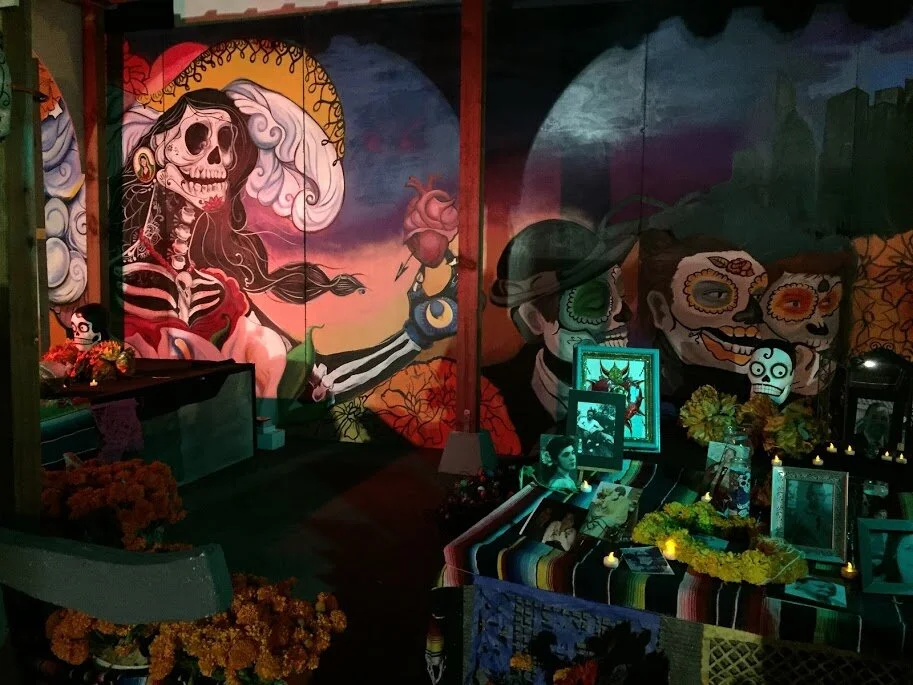The Day of the Dead/Día de los Muertos, stands as a vibrant celebration deeply rooted in indigenous Mexican traditions, a beautiful commemoration that honors departed loved ones. Originating from ancient indigenous practices, this event is created from pre-Columbian beliefs and adopted Catholic influences, creating a unique and colorful tapestry of rituals and customs.
At its core, the Day of the Dead is a joyous occasion, a time when families and communities come together to remember and celebrate the lives of those who have passed on. Rooted in the belief that the spirits of the deceased return to visit their families, this celebration is not one of mourning but a lively and spirited fiesta.
Indigenous groups such as the Aztecs, Toltecs, and other Nahua-speaking people observed similar festivities long before the arrival of the Spanish conquistadors. Their rituals, honoring the goddess Mictecacihuatl (Lady of the Dead), included month-long celebrations in honor of the deceased.
The modern observance of Día de los Muertos spans from October 31st to November 2nd, aligning with the Catholic All Saints' Day and All Souls' Day. During this time, families create ofrendas, altars adorned with marigolds, candles, sugar skulls, favorite foods, and photographs of the departed. These offerings symbolize the welcoming of the spirits back to the realm of the living and provide a colorful feast for their journey.
The scent of marigolds fills the air as families gather in cemeteries, adorning graves with these bright orange flowers, setting up picnics, playing music, and sharing stories of their beloved ones. It's a celebration of continuity, a belief that death is not an end but a part of the cycle of life.
Through its indigenous origins, the Day of the Dead exemplifies the deep connection between past and present, honoring heritage, embracing life's fleeting nature, and celebrating the eternal bond between the living and the departed. It remains a beautiful testament to Mexico's rich cultural tapestry and the enduring significance of honoring those who came before us.
The Day of the Dead holds significance for me because my indigenous heritage has been marginalized and lost due to historical erasure and displacement, I've embarked on a personal journey to reclaim and reconnect with my indigenous roots. Creating these paintings, I feel like I am speaking to my ancestors and deities. Immersing myself in this imagery gives me the opportunity to be with my grandparents again, to learn our history and be close to my heritage.
https://americanart.si.edu/blog/dia-de-los-muertos-united-states






















